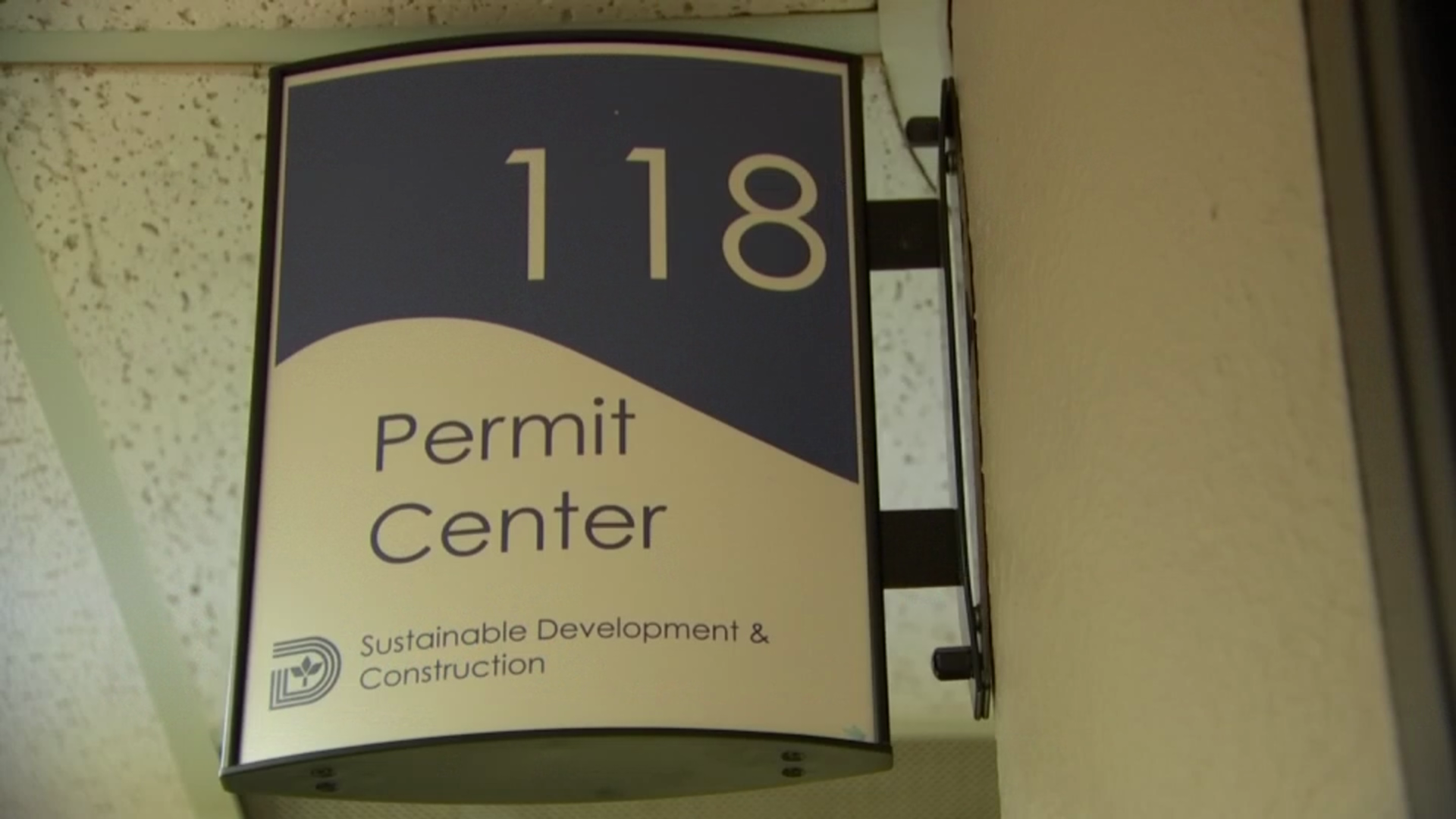There’s a new effort in North Texas to prevent drug overdoses with technology by sharing real-time information about where overdoses are happening. It would focus attention on the source of the drugs and treatment for drug users.
So far, the North Texas city with the most cases is not involved but Dallas County District Attorney John Creuzot went to Dallas City Hall on Monday hoping to change that.
North Texas is labeled as a High-Intensity Drug Trafficking Area. Residents often hear about law enforcement seizing piles of dangerous fentanyl. The City of Lake Worth publicized a May seizure that police said was enough to kill 9,300 people.
We’ve had many reports of sad stories from relatives of people who have died from overdoses.
Get top local stories in DFW delivered to you every morning. Sign up for NBC DFW's News Headlines newsletter.
“It is escalating here and across the United States,” Creuzot said.
CITY OF DALLAS
The former state district judge said he has been pursuing mapping of overdoses since he first became district attorney three years ago.
The North Texas High-Intensity Drug Trafficking Task Force has launched a program to do that and share the information.
The current map shows clusters of cases in Richardson, Plano and Irving with large gaps, including the City of Dallas, which is not reporting to the program.
“There are way, way, way more overdoses in the large city of Dallas than any of those municipalities. In fact, all of them in Dallas County combined don’t equal the city of Dallas,” Creuzot said. “The reason it is important is to understand why overdoses and overdose deaths are happening in the city of Dallas and more broadly Dallas County. Right now, we have no system of doing that.”
To participate, the program requires the date and time of an overdose, the type of drug involved and the address which will be coded for privacy.
“They will come in and put their computers next to the city’s computers and glean all this information out,” Creuzot said.
Dallas Police Chief Eddie Garcia said it is not just a simple matter of taking the information from the police 911 center.
“I think it's a combination of not just police response or fire response but dealing with medical personnel and the hospitals that receive people, as well. So, it's getting that data culled together to get more accurate numbers on that,” Garcia said.
An official with the North Texas High-Intensity Drug Trafficking Task Force said software already allows all those sources to easily input the data.
Members of the Dallas City Council Pubic Safety Committee who received the report Monday said they favor methods to reduce overdose and they asked city staff to investigate the issue.




